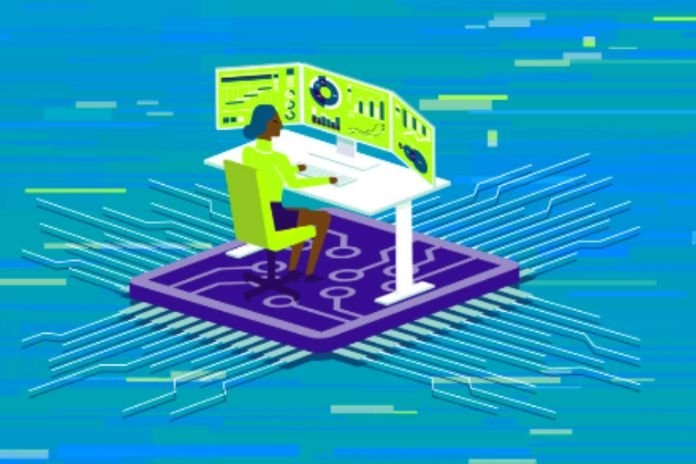Human Factor vs AI: An Unnecessary Digital Paradox?
Human Factor vs AI: The impact of digital transformation on the corporate environment brings benefits, challenges and a series of questions to be resolved.
For organizations with little or no expertise in the subject, it is natural that the debate is even more necessary so that the presence of technology is conceived with more clarity and adherence. Indeed, one topic that deserves to be highlighted is the employee’s role in automation. It is not uncommon to find people who, at the very least, have doubts about the level of user participation with technological tools.
As a historically recurring discussion, which, despite the growth of digitally mature companies, continues to inhabit the popular imagination, there is a welcome space for a reflection that does not disregard this portion of fear about movements towards innovation. The mission of those who offer these tools, without a doubt, is to demonstrate how artificial intelligence has not reached to antagonize work teams’ protagonists.
In this sense, it is necessary to assume that no company is similar to another. Circumstantial aspects influence the format and the digitization model to be implemented. Launching the machine in the operational routine and expecting it to solve all the business problems within a record time interval is never a matter. It demands training, strategic planning and the punctual support of those with expertise in the area. This does not mean, in other words, that employees are excluded from this equation.
How AI Serves The Professional Development
When we think of technology as a kind of conciliatory agent that arrives to take on specific operational steps and reconcile a simplified routine between departments, we have a vague idea of how AI can work internally. In general, when looking at the volume of operations, it is possible to diagnose activities with little strategic attribution, repetitive and even exhausting if conducted by professionals. These procedures, despite being essential for the operation of the business, do not stimulate individual and collective training.
To make matters worse, corporate scenarios like the one mentioned above foster an environment of sluggishness and imminent risks. In a domino effect, the lack of agility will harm the teams’ performance, culminating in low levels of competitiveness. Another point of attention lies in data security since the information stored and manipulated in manual systems suffers from the lack of gimmicks that guarantee the integrity of the materials. In times of the General Data Protection Law (LGPD), the urgency for cybersecurity solutions becomes mandatory.
By adopting a robust automation platform, the manager opens the door to a new conception of organizational culture – and this should include, as a priority, the redirection of those involved in the affected sectors. Therefore, releasing these people for more subjective tasks with high strategic content related to the organization’s core business becomes possible. The result is the support of an efficient, safe and streamlined background, in which the teams in charge of specific functions will focus their efforts only on them, leaving the structural aspects to the machine.
To conclude, I return to the question that entitles the article as a basis for a final statement. If taken to the extreme of its characteristics, without a broad approach to its proper purposes, Artificial Intelligence (AI) runs the risk of being stigmatized as a paradox within companies, which does not converge with the reality of the facts nor with the market. Of innovation, which is highly heated. Therefore, avoiding stereotypes about the subject and understanding, in practice, how technology can benefit the business is an essential measure for leaders committed to valuing the human factor in the work environment.
The AI was trained from images of the sea to learn its movements, color nuances and how it behaves with the waves, thus making the search work faster as it eliminates patterns. The project’s focus is on helping with missions involving missing vessels, people overboard and aeronautical and environmental accidents.
Also Read: Artificial intelligence And The Job Market
Share this content:











Post Comment